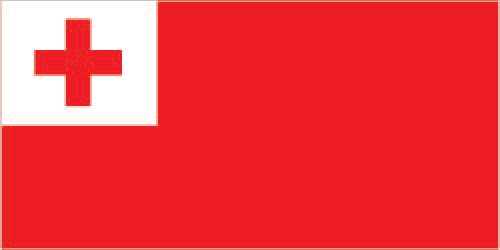History of Tonga

The history of Tonga is a rich tapestry of indigenous culture, monarchy, European exploration, and colonial influence.
Ancient Settlement (c. 3,000 years ago): The islands of Tonga, located in the South Pacific Ocean, were likely settled by Polynesian seafarers around 3,000 years ago. Tonga is considered one of the oldest continually inhabited places in the Pacific.
Tongan Kingdoms (c. 10th century): By the 10th century, Tonga had developed a complex society with its own monarchies and a highly structured social hierarchy. The Tu’i Tonga dynasty was among the most influential ruling families during this period.
European Contact (17th-18th Century): European explorers, including Dutch navigator Abel Tasman and British Captain James Cook, began visiting Tonga in the 17th and 18th centuries. These encounters led to increased trade and introduced European goods and diseases to the islands.
Taufa’ahau Unifies Tonga (19th Century): In the early 19th century, Taufa’ahau, also known as King George Tupou I, emerged as a powerful leader who sought to unify the Tongan islands under a single monarchy. He succeeded in creating the modern Kingdom of Tonga in 1845.
British Protectorate (1900-1970): In 1900, Tonga entered into a treaty with the United Kingdom, becoming a British protectorate. While Tonga retained its sovereignty and governance, British oversight ensured stability and defense for the kingdom.
Constitution and Modernization (20th Century): In 1875, Tonga adopted a constitution that established a parliamentary system. The kingdom began modernizing its infrastructure, education, and legal systems during the 20th century.
Independence (1970): On June 4, 1970, Tonga gained full independence from the United Kingdom, becoming the Kingdom of Tonga once again. The country is now a member of the Commonwealth of Nations.
Political Developments: Tonga has experienced political reforms over the years, including the introduction of a more democratic system. The King remains a respected figure, but the country has seen the expansion of elected representation.
Economy and Culture: Tonga’s economy is primarily based on agriculture, fishing, and remittances from Tongan expatriates. Traditional Tongan culture, including dance, music, and art, remains an integral part of the country’s identity.
Natural Disasters: Tonga is prone to natural disasters, including cyclones and volcanic eruptions. The country has experienced significant challenges in dealing with these events and has received international assistance for disaster relief.
Contemporary Tonga: Today, Tonga is a constitutional monarchy with King Tupou VI as the reigning monarch. The country continues to grapple with modernization, economic development, and environmental conservation.